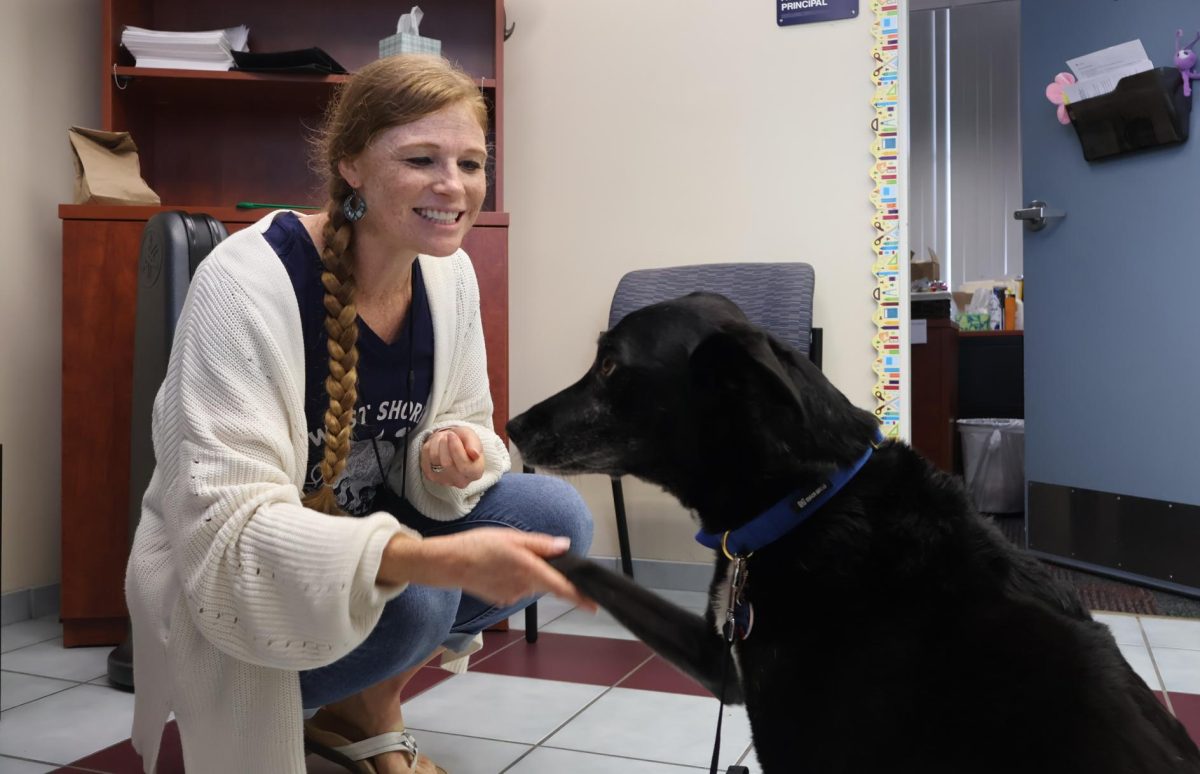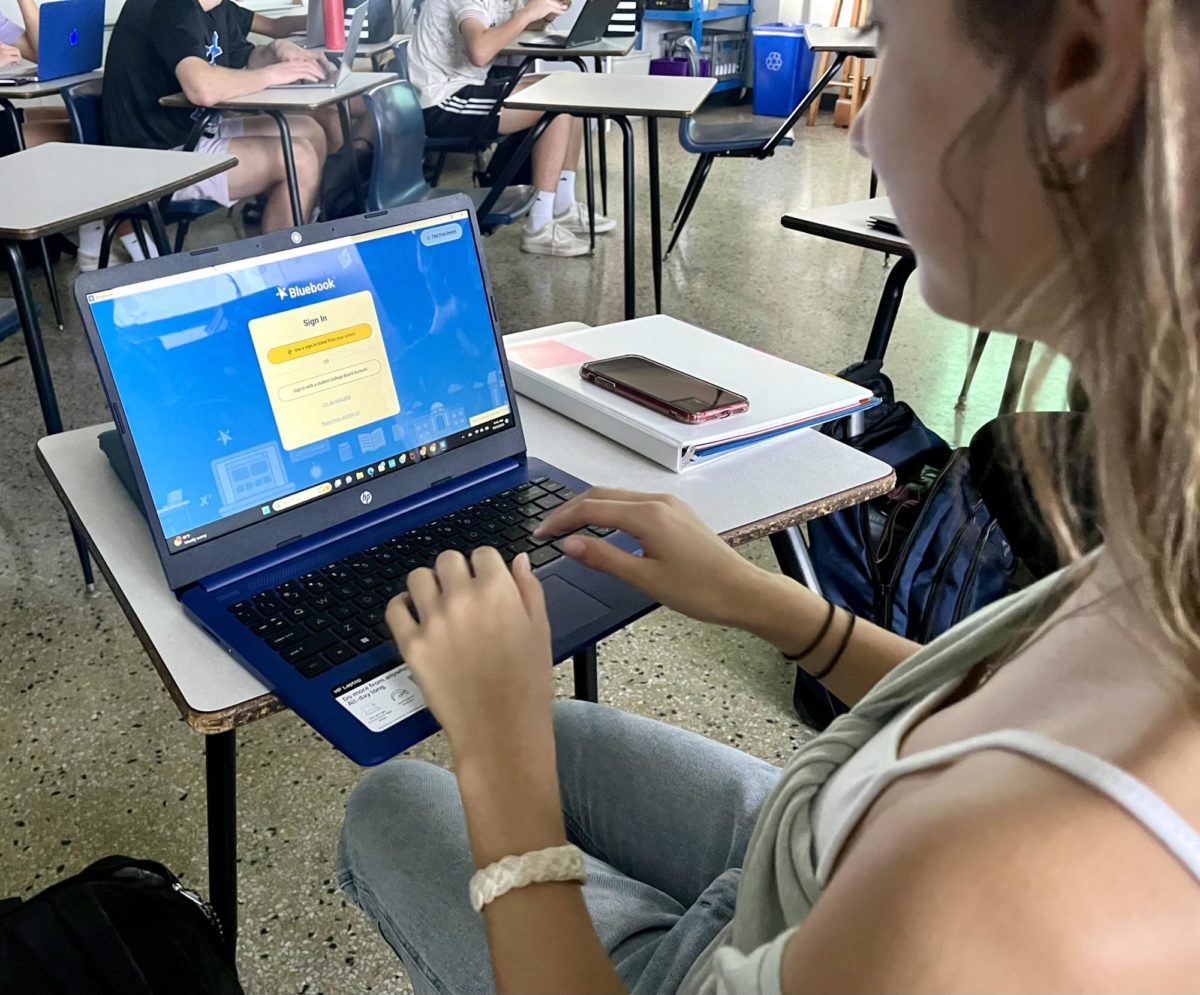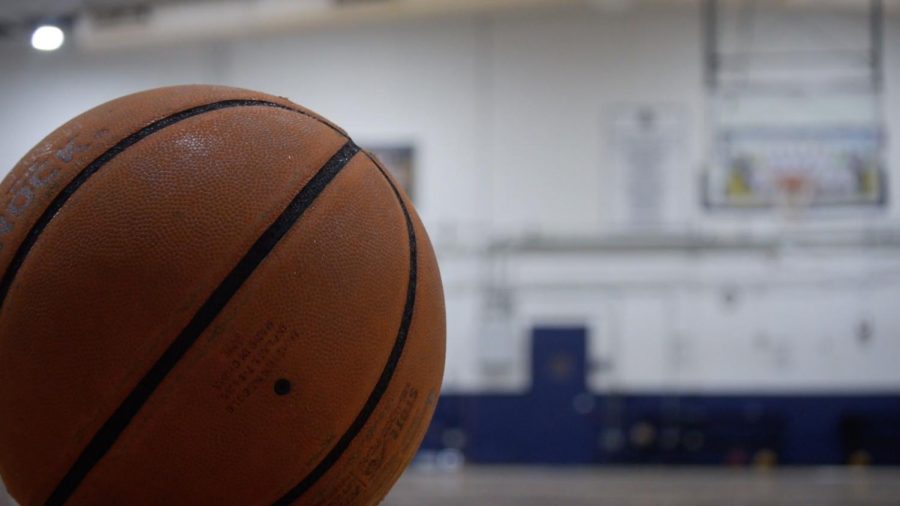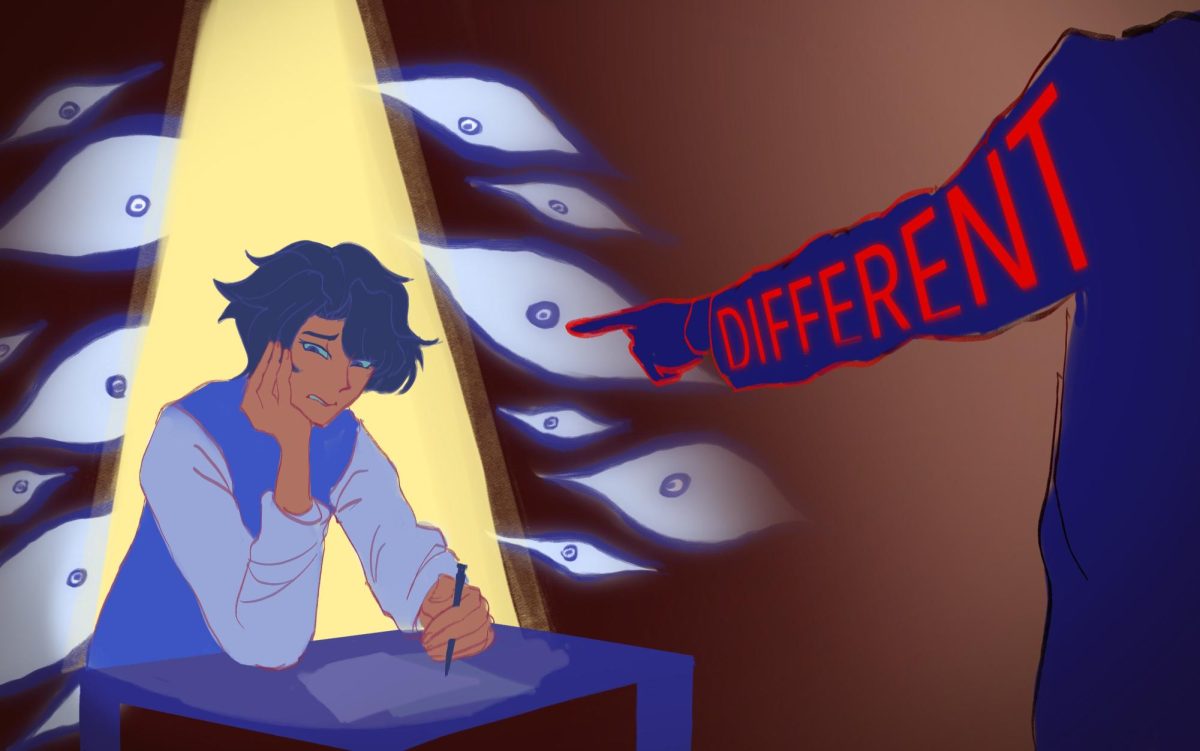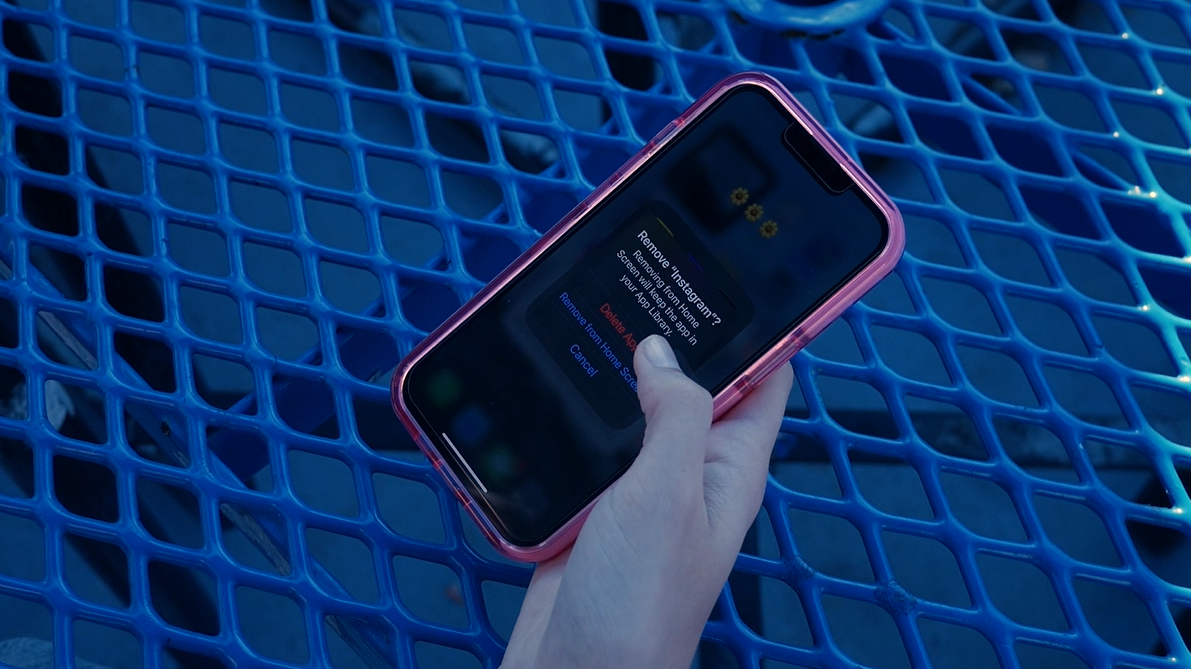Junior Eliza Hicks said she was surprised to hear that the PSAT will be administered digitally for the first time through the College Board program Bluebook on Oct. 4. Testing coordinators in Brevard county were informed on Aug. 23 that Brevard students would be taking the digital version of the PSAT exam to prepare for the SAT becoming digital in the spring. The digital PSAT is 2 hours and 14 minutes long, making it 30 minutes shorter than the previous paper test. The exam will be computer adaptive, meaning that questions change throughout the test, depending on students’ performance. This is meant to assess students’ specific skills more efficiently.
“I feel like I’m not able to prepare for it that much since there aren’t many practice resources for the new format,” Hicks said. “I also don’t like that not everyone has the same test because that makes it more difficult to compare. I do like that it is a shorter test and it won’t feel as long and as draining on you.”
The PSAT has measured student aptitude for more than 50 years to provide preparation for the SAT and to determine eligibility to earn a National Merit Scholarship. The College Board said they changed the format of the exam to make it easier and more relevant. The digital exam was test-piloted in November 2021 and eighty percent of students reported that they found the new format less stressful.
“There’s always going to be someone that [the format is] changing for ,” Hicks said. “I don’t know if changing it from paper to digital makes that much of a difference in student performance because it’s all the same test, but if they are also changing the way the test is – that’s what worries me.”
Testing Coordinator Maria Hedrick visited sophomore and junior English classes mid-September to talk to them about the new testing format. Hedrick said she does not think Brevard’s change in test format will affect student performance because the exams will be standardized to account for the divide between digital and paper test takers.
“All these standardized tests are bell-curved when you look at the final results,” Hedrick said. “So if you’re the top one or two percent, I still think you’re going to be eligible for National Merit. They’re not going to make it so a student who took it digitally is at a disadvantage over a student who did not take it digitally.”
The exam format has also changed, with students now being allowed to use calculators for the entire Math section. The Reading and Writing sections are combined. Senior Mehek Niwas has taken the paper PSAT and SAT three times each and said she feels a sense of relief that she took the tests before these changes.
“I’d prefer taking [the SAT and PSAT] on paper because there are more resources for paper and prep books for it,” Niwas said. “Nobody really knows much about the digital SAT, so it’s kind of hard to study for it.”
Niwas said the adaptive aspect of the test may harm students’ scores.
“I think it would be nice to do it for less time, but it would be annoying if you just messed up on a few questions in the beginning because the test gets progressively harder and easier depending on how you do on the questions before,” Niwas said. “That would just ruin your whole test.”
Freshman Anderson Wiens will be taking the PSAT for the third time.
“It feels useless for me to take the PSAT now because I’m not even taking the SAT this year,” Wiens said. “I don’t even know why my parents are making me take it. I feel like the changes really only matter for upperclassmen.”
Wiens said he favors the digital version of the exam because he has grown accustomed to the digital format of FSAs and EOCs.
“I normally like taking tests on computers more because it’s easier for me,” Wiens said. “I’m just more used to it, and online testing has become really common.”
Overall, Hedrick said that she is not concerned with the new test format.
“They’re just trying a completely different platform so they don’t have to print all this stuff and keep killing trees,” Hedrick said. “Just like EOCs – they used to be pen and paper, and then they went digital, and our scores didn’t drop; they’re still going to average out.”


![Sophomore Isabelle Gaudry walks through the metal detector, monitored by School Resource Officer Valerie Butler, on Aug. 13. “I think [the students have] been adjusting really well," Butler said. "We've had no issues, no snafus. Everything's been running smoothly, and we've been getting kids to class on time.”](https://westshoreroar.com/wp-content/uploads/2025/08/IMG_9979-1200x800.jpg)



















